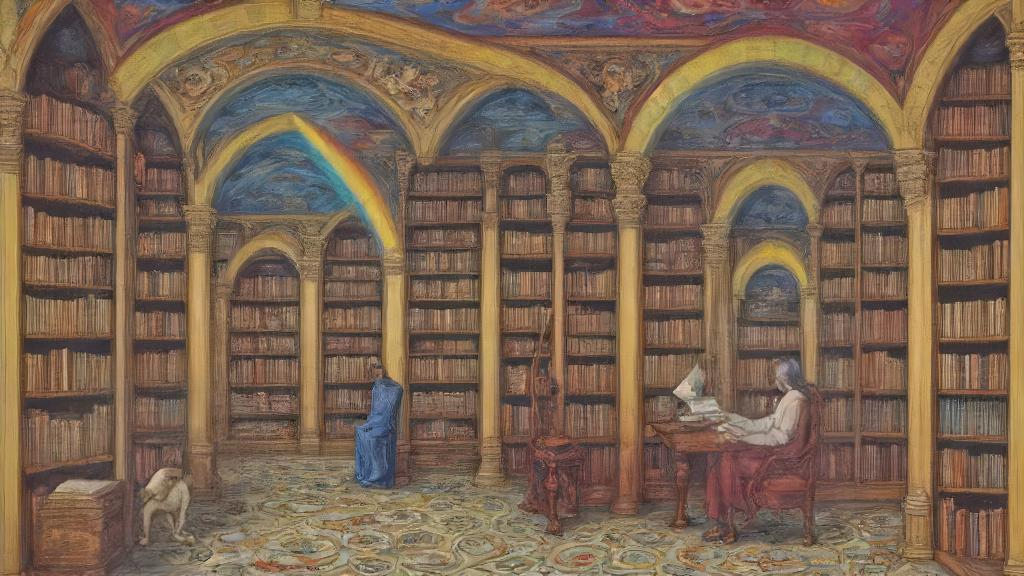Minor in Jewish Studies

The Jewish Studies minor requires 18 hours/6 courses.
The Jewish Studies certificate requires 12 hours/4 courses.
3 hours (one course) from Philosophy and Religion:
- PHIL 3050 Judaism and Religious Diversity
- PHIL 3510 Hebrew Bible
- PHIL 3530 Kabbalah: Jewish Mysticism, Myth, and Magic
- PHIL 3540 Judaism and Philosophy
- and -
Jewish Studies minor: 15 additional hours (5 courses) from the approved list below.
Jewish Studies certificate: 9 additional hours (3 courses) from the approved list below.
Courses on related topics that are not included in this list may count toward the
minor or certificate with approval from the Jewish Studies director. For any questions,
please contact asaf.angermann@unt.edu.
Jewish Studies courses
English
- ENGL 3370 The Bible as Literature
- ENGL 4270 Modern Jewish Literature
- ENGL 4660 Literature and the Holocaust
History
- HIST 3308 Ancient Israel
- HIST 3460 Modern Middle Eastern History
- HIST 3470 History of the Israeli-Palestine Conflict
- HIST 3620 Nazism: Symbolism and Archeology
- HIST 4070 World War II: European Theater
- HIST 4073 World War II: The Soviet-German War
- HIST 4215 Jews under Greek and Roman Rule
- HIST 4216 Eastward Expansion: From the Punic Wars to the Jewish Wars
- HIST 4217 Jew, Greek, and Roman Backgrounds of Early Christianity
- HIST 4247 A History of Jews in the Middle East
- HIST 4315 History of Anti-Semitism from Ancient Times to the Present
- HIST 4320 Anti-Semitism in Europe, French Revolution to Present
- HIST 4385 Nazi Germany
- HIST 4390 The Holocaust, 1933 - 1945
- HIST 4395 The State of Israel
- HIST 4435 American Jewish Experience
- HIST 4475 Jewish Women in Modern America
Philosophy and Religion
- PHIL 2070 World Religions
- PHIL 3050 Judaism and Religious Diversity
- PHIL 3140 Religion and American Society
- PHIL 3320 Medieval Philosophy
- PHIL 3350 Twentieth-Century Philosophy
- PHIL 3510 Hebrew Bible
- PHIL 3530 Kabbalah Jewish Mysticism, Myth, and Magic
- PHIL 3540 Judaism and Philosophy
- PHIL 3545 Sexual Ethics in Judaism
- PHIL 3550 Jewish Business Ethics
- PHIL 3650 Religion and Science
Political Science
- PSCI 4330 Jewish Political Thought / Political Philosophy and the Challenge of Religion (Special Topics)
- PSCI 4330 Medieval Political Philosophy (Special Topics)
Dance and Theatre Arts
- THEA 4260 History of the Broadway Musical
- THEA 4395 Theatre and the Holocaust
World Languages, Literatures, and Cultures
- WLLC 3400 The Holocaust and Film
Music Theory
- MUMH 4800 Nazism, Judaism and the Politics of Classical Music in Germany
- MUMH 4810 Jews, Judaism, Anti-Semitism and Opera